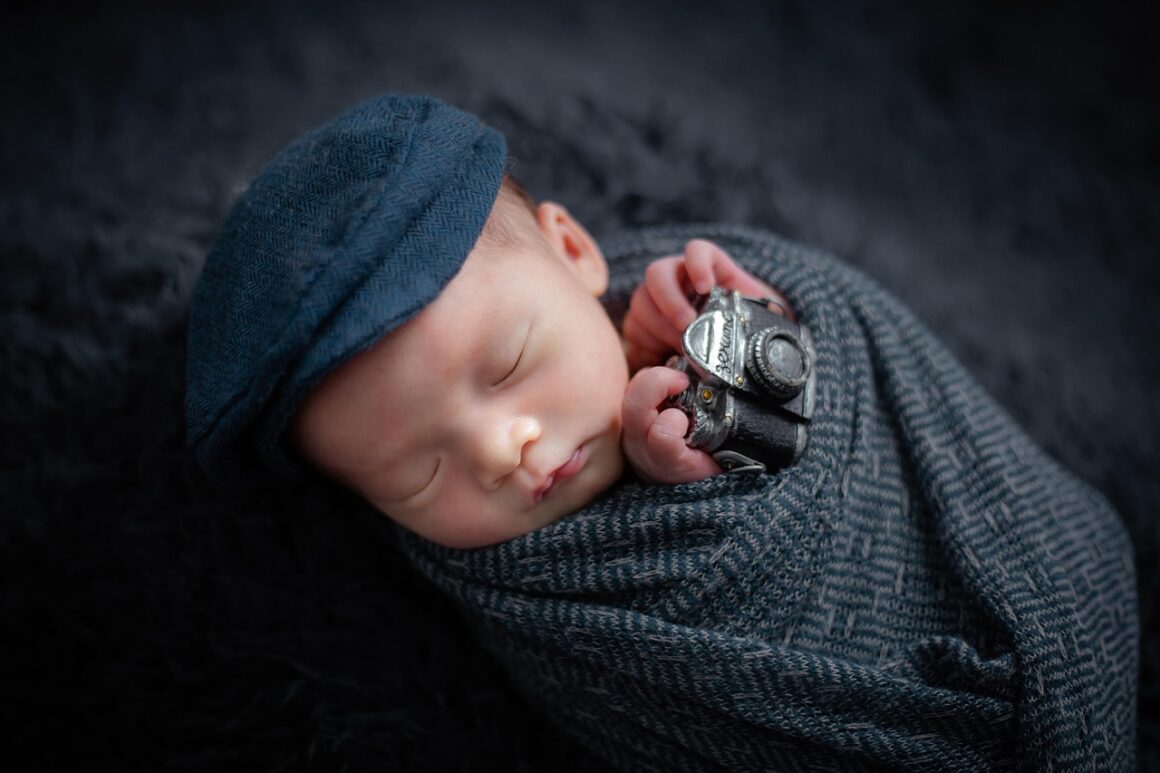Two seasons ago, Marc Jacobs was caught by a social media storm after he sent his models, many of whom were white, down his Spring 2017 Runway wearing dreads. This caused an outcry from the black community many of whom were calling him insensitive while debating on the issue of cultural appropriation. Above everything, the reason behind the backlash was because of his responses to a few people.
“All who cry ‘cultural appropriation’ or whatever nonsense about any race or skin color wearing their hair in a particular style or manner—funny how you don’t criticize women of color for straightening their hair,” he clapped back to an Instagram user. “I respect and am inspired by people and how they look. I don’t see color or race—I see people. I’m sorry to read that so many people are so narrow-minded…Love is the answer. Appreciation of all and inspiration from anywhere is a beautiful thing. Think about it.”
This was back in October during fashion week, but just recently, in an interview with InStyle, Marc Jacobs got more into depth about what occurred. “What I learned from that whole thing, what caused me to pause after it died down a little bit, was that maybe I just don’t have the language for this, or maybe I’ve been insensitive because I operate so inside my little bubble of fashion,” Jacobs says to Instyle. “There seems to be this strange feeling that you can be whoever you want as long as it’s ‘yours,’ which seems very counter to the idea of cross-pollination, acceptance, and equality. Now you can’t go to a music festival with feathers in your hair because it’s cultural appropriation.”
It doesn’t seem as though Marc Jacobs completely grasps the concept of cultural appropriation yet, something slightly surprising considering the vast volumes of information that pollutes the internet. For some context, laws banning people from wearing dreads in the workforce were enforced around the same time that Jacobs’ Spring 2017 collection was demonstrated. This is an issue because dreads are part of black culture, implying that black people are the ones who are bound to wear them more than often. Sometimes, just sometimes, things shouldn’t be made into fashion statements. Especially when it concerns things people from that culture can’t change.




